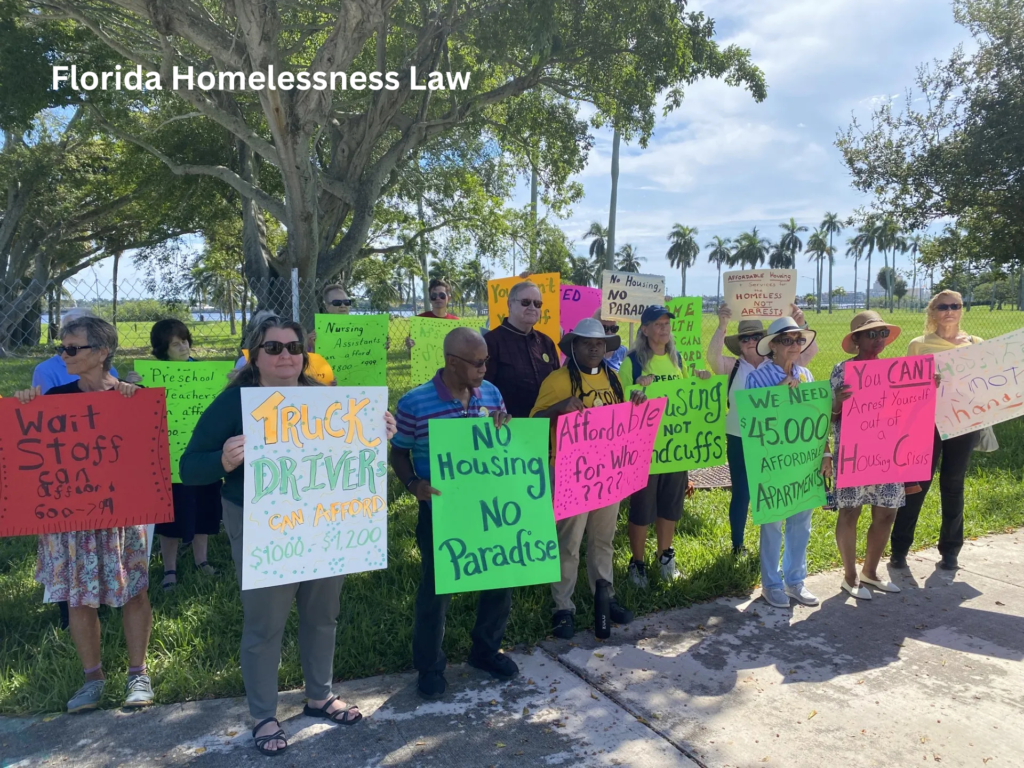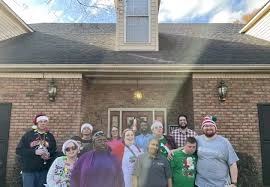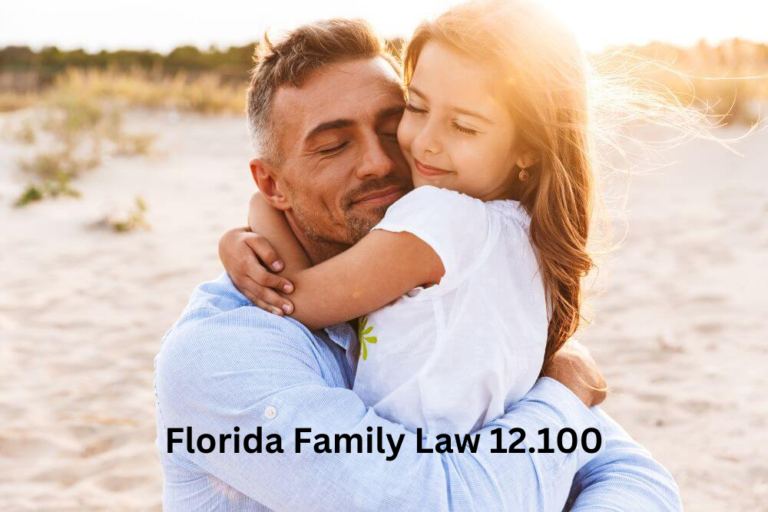
Introduction to the Florida Homelessness Law
Florida is known for its sunny beaches and vibrant nightlife, but beneath this bright exterior lies a pressing issue: homelessness. The Florida Homelessness Law aims to address this challenge by laying down the framework for rights, resources, and responsibilities. Understanding these laws can empower both those affected by homelessness and the communities that strive to support them. With rising housing costs and economic shifts, it’s crucial to navigate the complexities of legislation designed to uplift individuals in need. Let’s explore how these laws operate, what they mean for our neighbors experiencing hardship, and how we can all play a role in creating positive change.
Understanding the Rights of the Homeless
Understanding the rights of the homeless in Florida is crucial for ensuring their dignity and well-being. The state recognizes that homelessness does not strip individuals of their fundamental human rights.
Under federal law, people experiencing homelessness have the right to access emergency shelters and public services. This includes healthcare, education, and social support systems designed to help them regain stability.
Moreover, laws prohibit discrimination based on housing status. It’s illegal for landlords or service providers to treat someone unfairly simply because they are homeless.
Yet, awareness about these rights often remains low among those affected. Advocacy groups work tirelessly to educate both the homeless community and local residents about these protections.
Empowering individuals with knowledge can lead them toward resources that foster independence. Understanding one’s rights is a stepping stone toward reclaiming control over one’s life amidst challenging circumstances.
Resources Available for the Homeless in Florida
Florida offers a variety of resources to support its homeless population. Numerous shelters provide safe havens, offering not just beds but also meals and essential services.
Local organizations, such as the Coalition for the Homeless of Central Florida, deliver outreach programs. These initiatives connect individuals with healthcare providers, job training, and housing assistance.
Food banks are widespread across cities like Miami and Tampa. They ensure that no one goes hungry while navigating their circumstances.
Additionally, many communities have established supportive housing programs. These aim to transition individuals from homelessness into stable living situations through affordable housing options.
Mental health services play a vital role in recovery too. Accessing counseling can help address underlying issues contributing to homelessness.
Volunteers and donations often fuel these efforts. Community involvement makes a significant difference in providing care and resources for those in need.
Responsibilities of Government and Community Organizations
Government and community organizations play a vital role in addressing homelessness in Florida. Their responsibilities encompass creating supportive policies, allocating resources, and facilitating access to essential services.
Local governments must develop comprehensive plans that prioritize affordable housing. They should also work towards increasing funding for shelters and transitional housing programs. This ensures individuals have safe places to stay while seeking long-term solutions.
Community organizations are equally important. They help bridge the gap between homeless individuals and necessary services like healthcare, job training, or mental health support. These groups often provide outreach efforts that connect people with available resources.
Collaboration between government entities and nonprofit organizations fosters a unified approach to tackling homelessness. By sharing data and best practices, they can create effective strategies tailored to local needs.
Both sectors share an ethical obligation to ensure dignity and respect for those experiencing homelessness in Florida’s communities.
Challenges and Controversies Surrounding the Florida Homelessness Law
The Florida Homelessness Law faces significant challenges. Critics argue that it sometimes fails to address the root causes of homelessness. Issues like mental health and addiction often remain unaddressed.
There are controversies surrounding law enforcement practices, too. Some individuals advocate for a more compassionate approach rather than criminalizing homelessness. This creates tension between public safety and humane treatment.
Funding is another critical concern. Many programs rely on limited state budgets, leaving organizations scrambling for resources to provide essential services.
Additionally, communities often grapple with NIMBYism (Not In My Backyard). Local residents may oppose shelters or supportive housing in their neighborhoods, complicating efforts to create sustainable solutions.
These challenges highlight the complexity of addressing homelessness effectively within the framework of existing laws and societal attitudes.
Success Stories and Impact of the Law on Homelessness
The Florida Homelessness Law has sparked numerous success stories across the state. Many individuals have found stable housing thanks to increased funding for shelters and supportive services.
One notable case involved a family of four, previously living in their car. With access to resources outlined in the law, they secured temporary shelter and eventually transitioned into a permanent home. This transformation not only provided them stability but also restored hope.
Community organizations have stepped up as well. Programs focusing on job training and mental health support are thriving under this legal framework. People are gaining skills to enter the workforce, breaking cycles of poverty.
Local governments are collaborating more effectively with non-profits, creating comprehensive approaches that address homelessness holistically. These partnerships foster innovation in service delivery, enhancing lives throughout communities statewide. The impact is evident; stories like these illustrate how legislation can lead to tangible change.
Conclusion: Moving Forward towards Solving Homelessness in Florida
Addressing homelessness in Florida requires a multifaceted approach. The Florida Homelessness Law stands as a framework to protect the rights of individuals experiencing homelessness while providing essential resources and support systems.
As communities continue to grapple with this issue, it is imperative that we focus on collaboration between government entities, nonprofit organizations, and local citizens. Empowering those affected by homelessness through education, job training, and mental health services can pave the way for sustainable solutions.
Moreover, ongoing dialogue about the challenges surrounding this law will help refine strategies aimed at reducing homelessness rates effectively. Success stories from various regions highlight what can be achieved when dedicated efforts are made.
By working together—acknowledging both rights and responsibilities—we can create an environment where every Floridian has access to safe housing opportunities. A collective commitment is key to driving positive change and ultimately transforming lives across the state.






